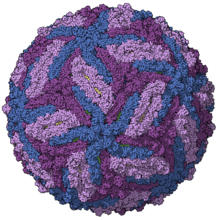Introduction:
The Zika virus, which was first identified in 1947, has been making headlines in recent years due to its rapid spread and potential health risks. India has now joined the list of countries grappling with the virus, raising concerns among health experts and the general public. In this blog post, we’ll delve into the latest developments, risks, and precautions related to Zika in India.
What is Zika?
Zika is a mosquito-borne virus that can cause fever, rashes, and birth defects like microcephaly. It’s primarily spread by the Aedes mosquito, which is also responsible for transmitting dengue and chikungunya.

Risks and Concerns
Zika poses significant risks to:
- Pregnant women: Zika can cause birth defects and miscarriages.
- Travelers: India is a popular tourist destination, and visitors may be unaware of the virus’s presence.
- Local communities: Zika can spread rapidly in densely populated areas.
Precautions and Prevention
To minimize the risk of Zika, follow these steps:
- Use mosquito repellents and wear protective clothing.
- Eliminate standing water around homes and public areas.
- Avoid travel to affected areas if possible.
- Pregnant women should consult their healthcare provider before traveling.
Government Response
The Indian government has taken steps to:
- Increase surveillance and testing.
- Deploy mosquito-control measures.
- Educate the public about Zika risks and prevention.
Conclusion:
The Zika virus is a serious public health concern in India, requiring immediate attention and action. By understanding the risks and taking necessary precautions, we can work together to contain the spread of Zika and ensure a healthier future for all.
